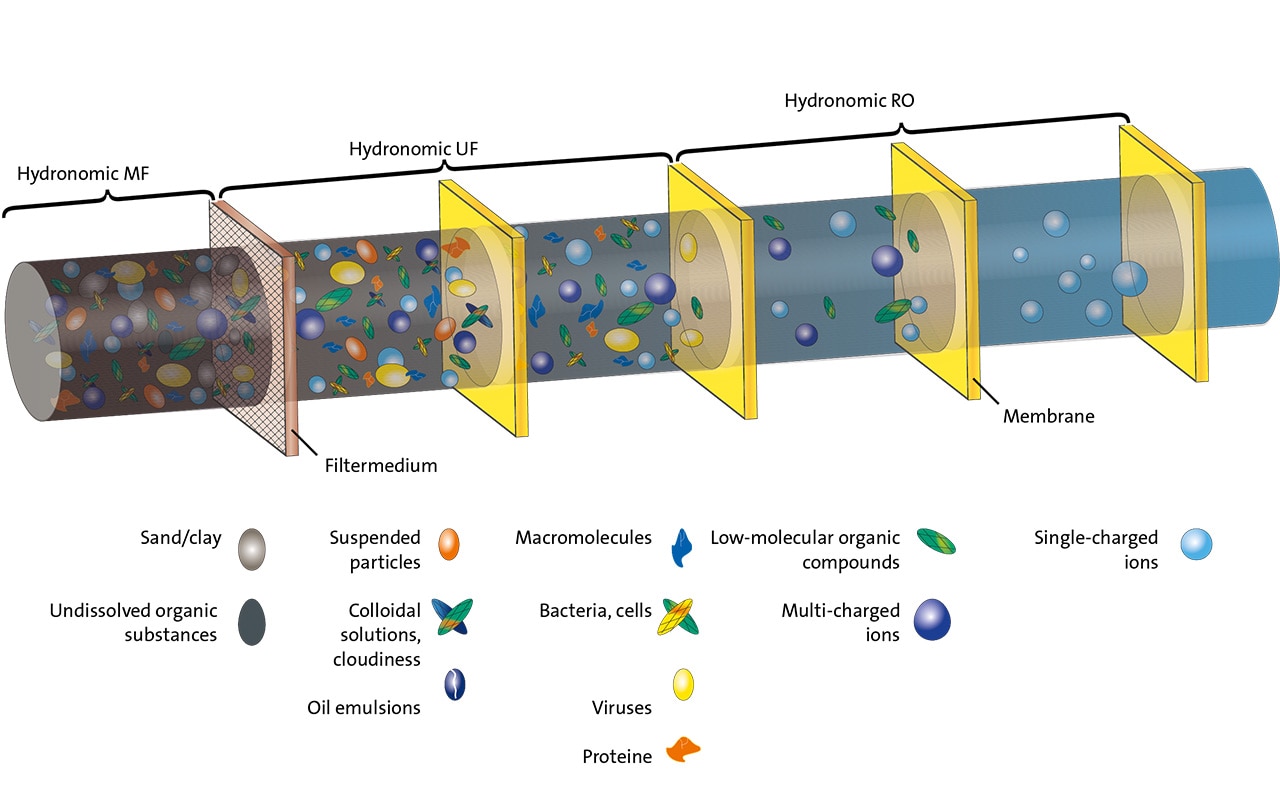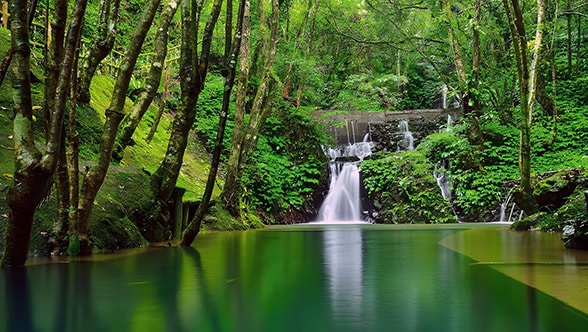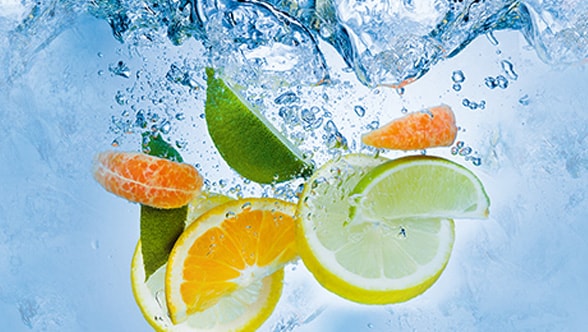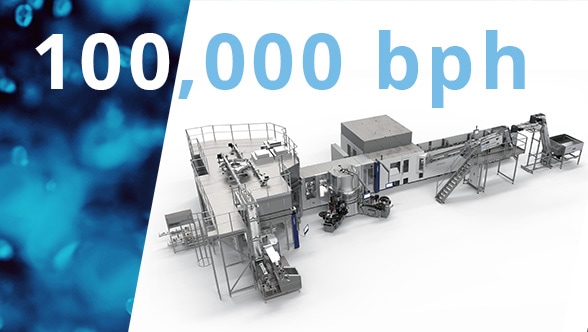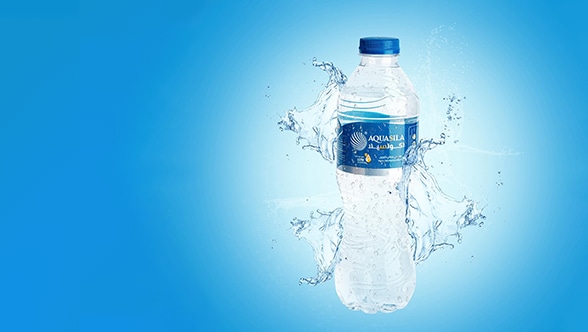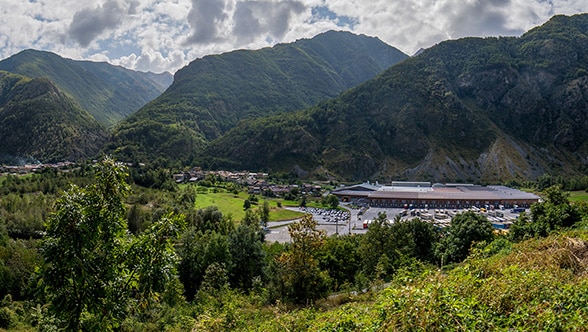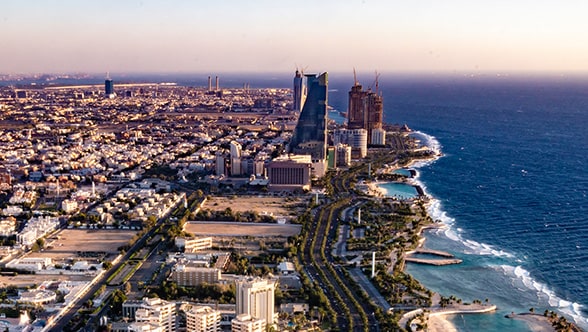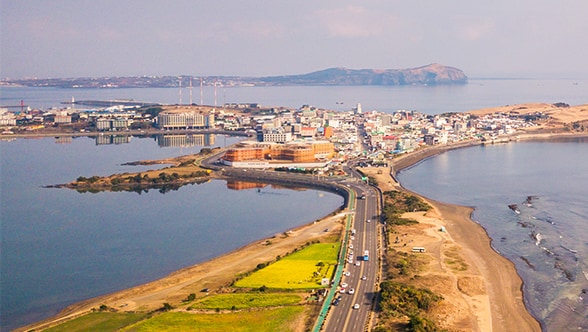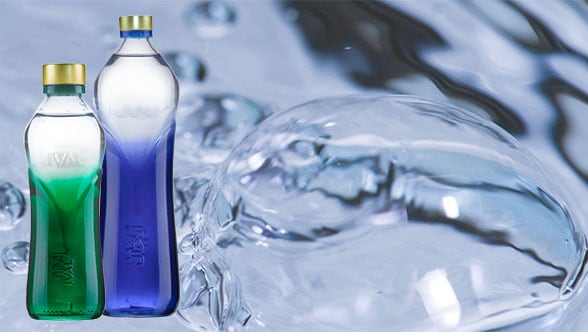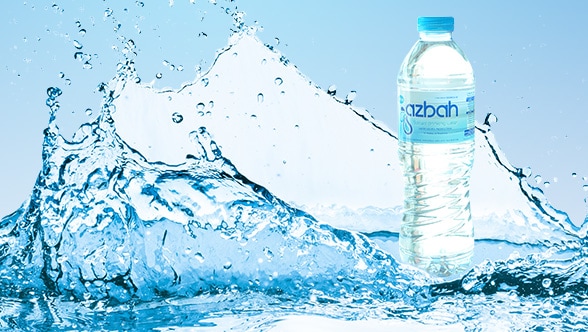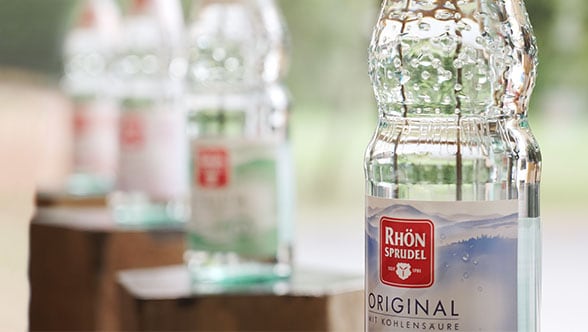So what should water taste like to suit your own personal preferences?
I don’t have a favourite water. What I like best is a cool, slightly sparkling natural mineral water from my region, which I pour into a nice large-bowled, thin-walled crystal glass that’s been washed by hand. You see, even if it’s “only” water you can still celebrate your drink.
Water is also the basic ingredient of many other beverages. What water qualities are ideal for which product, for instance beer, wine, soft drinks, juice or tea?
This is a subject that fills volumes of books, and their expert authors are still unable to agree. As far as beer is concerned, we know that fully demineralised water does not work. If it were used for brewing, it would try very hard to absorb salts and/or minerals from the malt, thus impairing the finished beer’s taste.
On the other hand, completely demineralised water would be ideally suited for rediluting juice from concentrate because the previously evaporated water is likewise fully demineralised. Frequently, however, this option is not used because complete demineralisation is, of course, more expensive than partial demineralisation.

